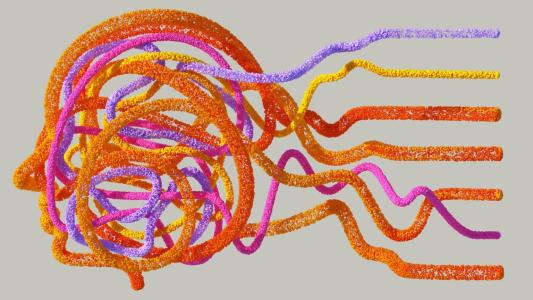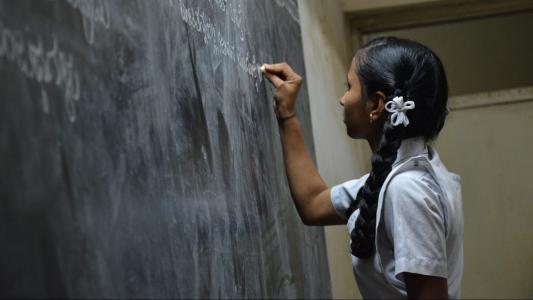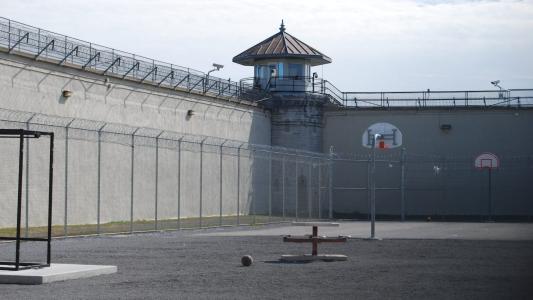Education
“Please do not assume the worst”: Students want colleges to teach them how to use AI the right way
Students want to work with their communities, universities, and governments to figure out how to engage productively and responsibly with AI.
Large language models are biased. Can logic help save them?
MIT researchers trained logic-aware language models to reduce harmful stereotypes like gender and racial biases.
ChatGPT answers physics questions like a confused C student
When asked about physics, ChatGPT gave a mixture of true, false, relevant, irrelevant, and contradictory answers — all with authority.
ChatGPT in academia: Can it help with the research process?
Several researchers have already listed a chatbot as a co-author on academic studies, but ChatGPT is better in some areas than others.
An expert explains how you’re using ChatGPT wrong
ChatGPT is designed to produce strings of words that sound good in response to the words you give it – not to provide you with information.
The dawn of AI has come, and its implications for education couldn’t be more significant
AI like ChatGPT is forcing us to rethink education. But if we embrace it, it could empower both students and teachers.
“Personalized curriculums” could get kids to care about school again
Personalized learning has to potential to prepare learners who are self-regulating and self-motivated for life beyond school.
Parents: Don’t focus on happiness, help build resilience instead
Happiness emerges from resilience, which helps children regulate difficult emotions and stressful situations.
How neuroscience can make us better parents
Kids' brains develop in four main stages. Each has its own particular set of advancements and challenges for parents.
How college in prison is leading professors to rethink how they teach
College in prison reduces the chance of reoffending, but it also dramatically changes the perspective of the professors who teach them.









